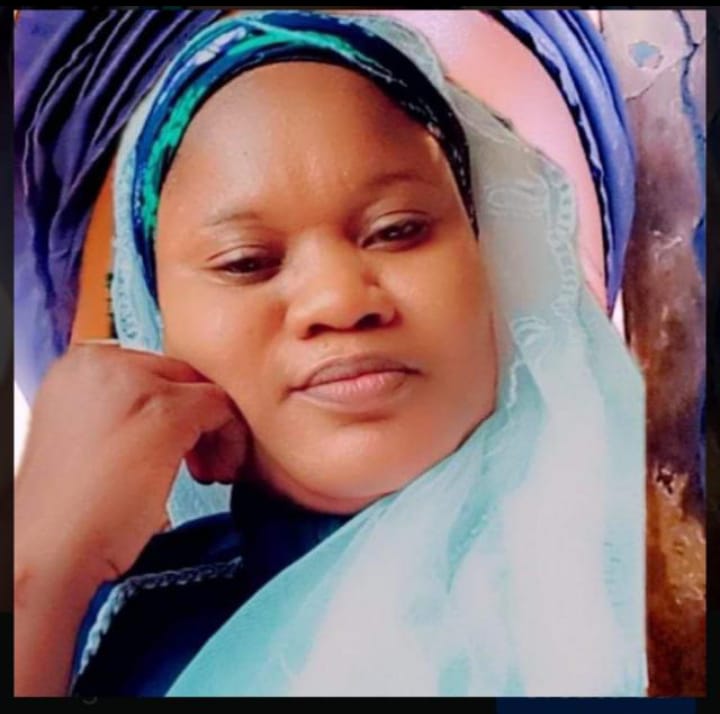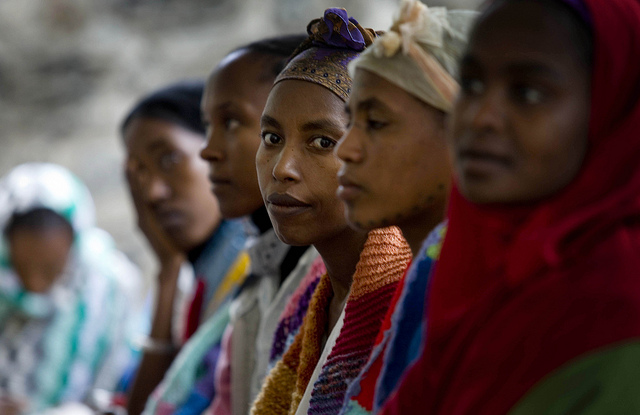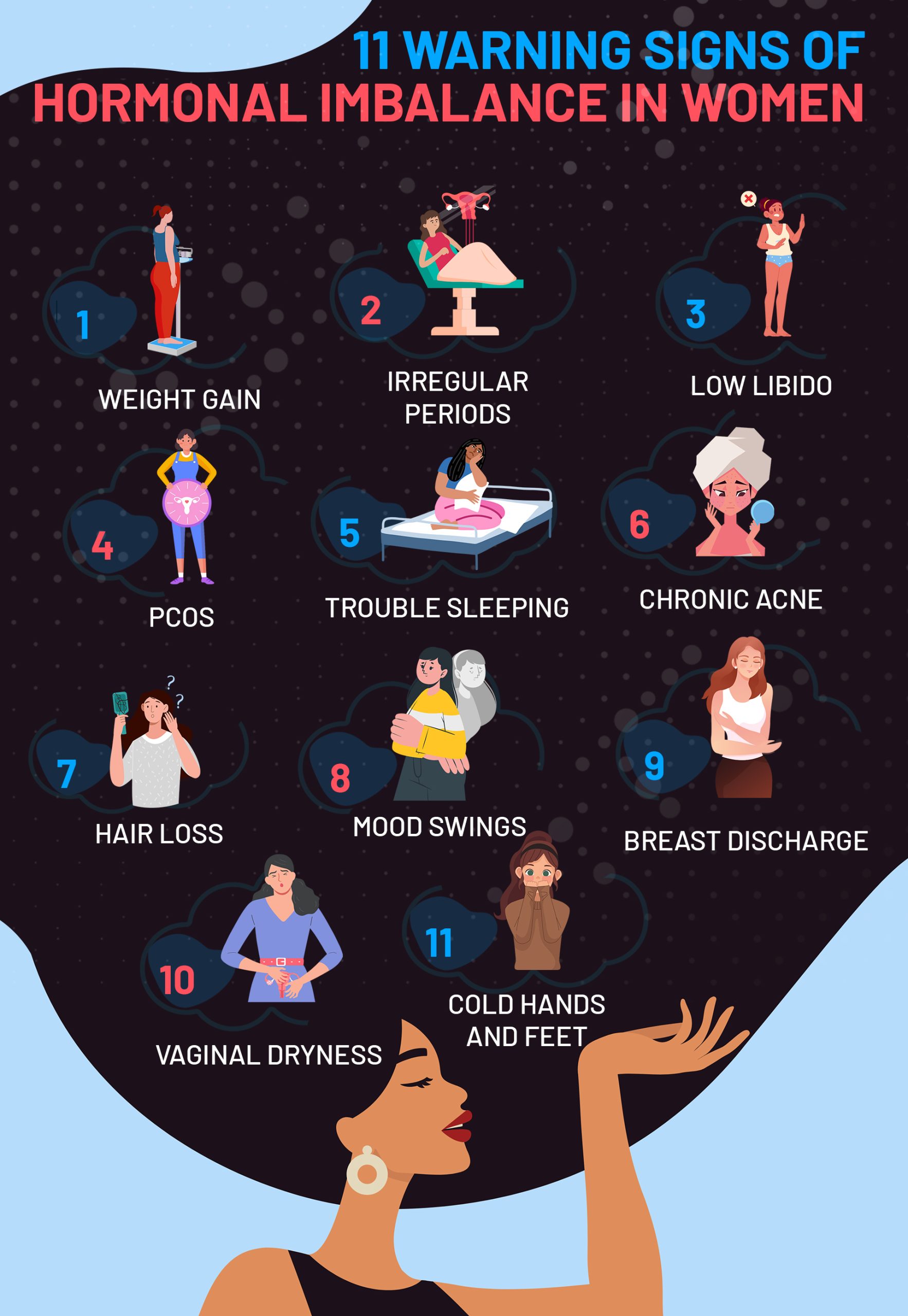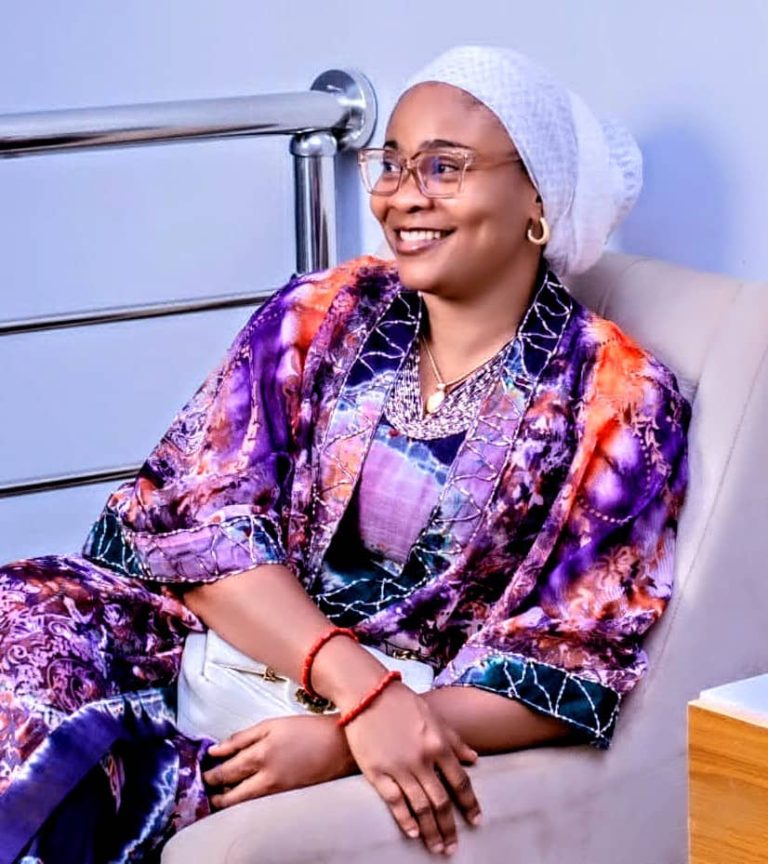When Hormones Speak: Understanding Women’s Body Changes. Dikko Falilat Kehinde

When Hormones Speak: Understanding Women’s Body Changes


There are moments in a woman’s life when her own body seems to whisper secrets she doesn’t understand. Her moods shift like the tide, her skin glows one week and dulls the next, her body grows curves she didn’t order, and her emotions rise and fall like the unpredictable waves of the Atlantic. One day she feels like a queen; the next, she’s struggling to recognise herself in the mirror. Yet behind all these changes lies a quiet, invisible puppeteer — hormones.
Every woman has a story to tell about her body’s surprises. Some are beautiful, others bewildering. Hormones, those tiny chemical messengers control much of what happens inside us. From puberty to pregnancy, from monthly cycles to menopause, they rule the internal kingdom. And when their balance is disrupted, life can turn upside down.

I once spoke with Mrs. Tinuade Alabi, a mother of three and a school teacher in Ibadan. She said, “My husband thought I was possessed because I would cry one minute and laugh the next. I didn’t even understand myself until my doctor mentioned hormonal imbalance.” Her story is not rare. Many women live with the same confusion and worse, the same judgement from people who do not understand what’s happening beneath the skin.
Hormonal imbalance is not a curse. It is a medical condition, not a moral failing. When oestrogen or progesterone — the female hormones go off balance, it can lead to mood swings, depression, fatigue, weight gain, irregular menstruation, infertility, and even skin breakouts. Some women battle polycystic ovary syndrome (PCOS); others face thyroid disorders. Many more suffer silently, ashamed to speak up because society still mocks what it refuses to understand.
The most painful part, perhaps, is how people react especially the men in our lives. Some husbands become impatient, hurling hurtful words like arrows. “You’ve changed.” “You’re lazy.” “You’ve grown fat.” “You’re always moody.” Those words cut deeper than any blade. A woman already battling her body’s betrayal doesn’t need the extra burden of emotional cruelty.

I remember a young woman, Kudirat from Abeokuta, who said, “My husband called me ‘old cargo’ after childbirth because I gained weight and lost my glow.” She said it with tears in her eyes. What many men don’t realise is that a woman’s body after childbirth is a battlefield, healing from torn tissues, sleepless nights, and hormonal storms. The least she deserves is tenderness.
But not all men are cruel. There are the golden-hearted ones who stand by their wives through every storm. Take Mr. and Mrs. Adedoyin from Lagos. When she was diagnosed with early menopause at 38, her husband held her hand and said, “We’ll walk this path together.” Today, they counsel younger couples in their church, teaching men to love through the seasons. That, indeed, is love in its purest form “ifẹ́ tí kì í tan lójú ọkàn”, love that never runs dry in the heart.
Hormones don’t just affect the body; they touch the soul. A woman’s self-esteem can crumble when her body begins to act against her will. Some lose their hair, others battle acne well into adulthood, and many fight endless fatigue. Depression often lurks in the shadows. The worst part is pretending to be fine because the world expects her to smile through the pain.
Sometimes, she looks fine but she’s breaking inside. As one doctor said, “Hormonal imbalance is like an unseen storm, it doesn’t make noise, but it shakes the foundation.” That’s why women need both medical care and emotional support. It’s not enough to tell her to “snap out of it.” Encourage her to see a doctor, eat well, rest, and exercise. Above all, give her grace.
Our Yoruba elders say, “Ọmọ ẹni kì í su ẹni,” meaning, you don’t abandon your own. Husbands, this is where your understanding matters most. When your wife changes, not out of choice but out of biology, hold her hand, not her fault. When she gains weight, don’t mock her. When she cries, don’t turn away. She’s not broken; she’s adjusting. Love her enough to learn what she’s going through.
Let’s not forget that hormones affect men too, but women bear the heavier load because of the menstrual cycle, pregnancy, and menopause. Each phase brings a new rhythm — sometimes calm, sometimes chaotic. A woman may not always be herself, but she’s still the same person you fell in love with, just living through another chapter of her body’s story.
We must normalise open conversations about women’s health. Schools should teach girls early about their cycles, not in whispers but with clarity. Churches and mosques should educate couples about hormonal health so that empathy can replace judgement. And as friends, sisters, and colleagues, we should check in on one another not just when there’s gossip to share but when there’s pain to bear.
Modern medicine has advanced, but emotional ignorance still lingers. The world must learn that caring for women’s health isn’t just a female affair; it’s a human responsibility. After all, every strong man was born from a woman’s womb.
In the end, all we ask is a little understanding. To the men who share life with us — husbands, partners, brothers, friends — please, bear with us. This is not our fault. It is beyond our control. Hormonal imbalance is not an attitude problem or a lack of effort; it is a medical condition that affects our moods, our bodies, and sometimes even our confidence.
When our tempers flare, when our energy dips, when our bodies change shape overnight, it’s not because we’ve stopped caring, it’s because our bodies are fighting invisible battles. We need empathy, not judgement. We need love, not labels.
So, to every man reading this: when she seems distant, hold her closer; when she cries for no reason, offer her comfort; when she gains a little weight, remind her she’s still beautiful. Because love is not tested when everything is easy — it’s proven when patience is needed.
As Yoruba people say, “Ìfọkànsìn ló ní ile ayé,” meaning, understanding makes the world a better place. Together, with knowledge, compassion, and care, we can turn this silent struggle into a shared strength. Hormonal imbalance is medical — but healing, truly, is mutual.
Dikko Falilat Kehinde
Author and public affairs analyst,
Write from Lagos, Nigeria.
Kehindedikko@gmail.com
07034484445




